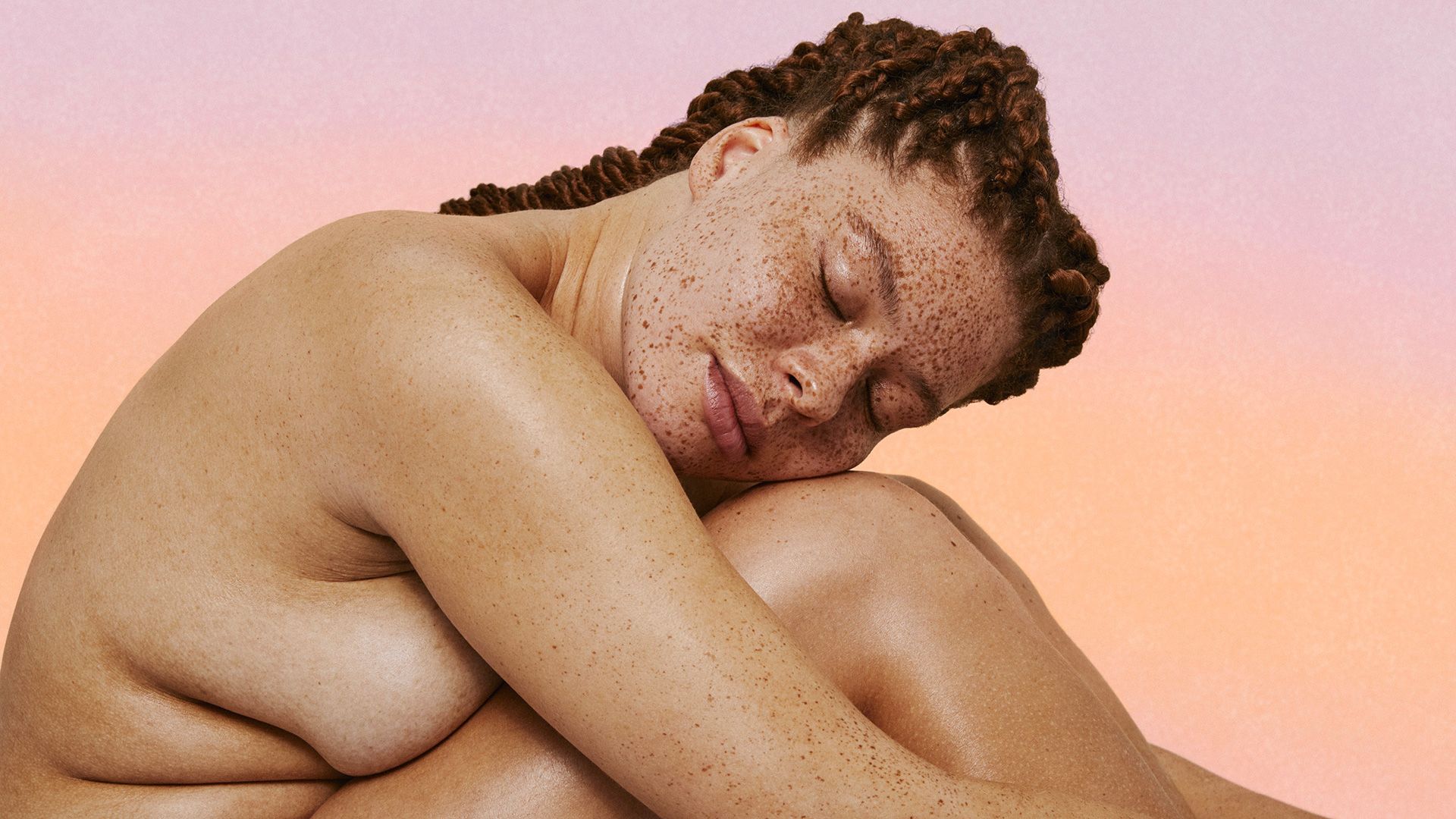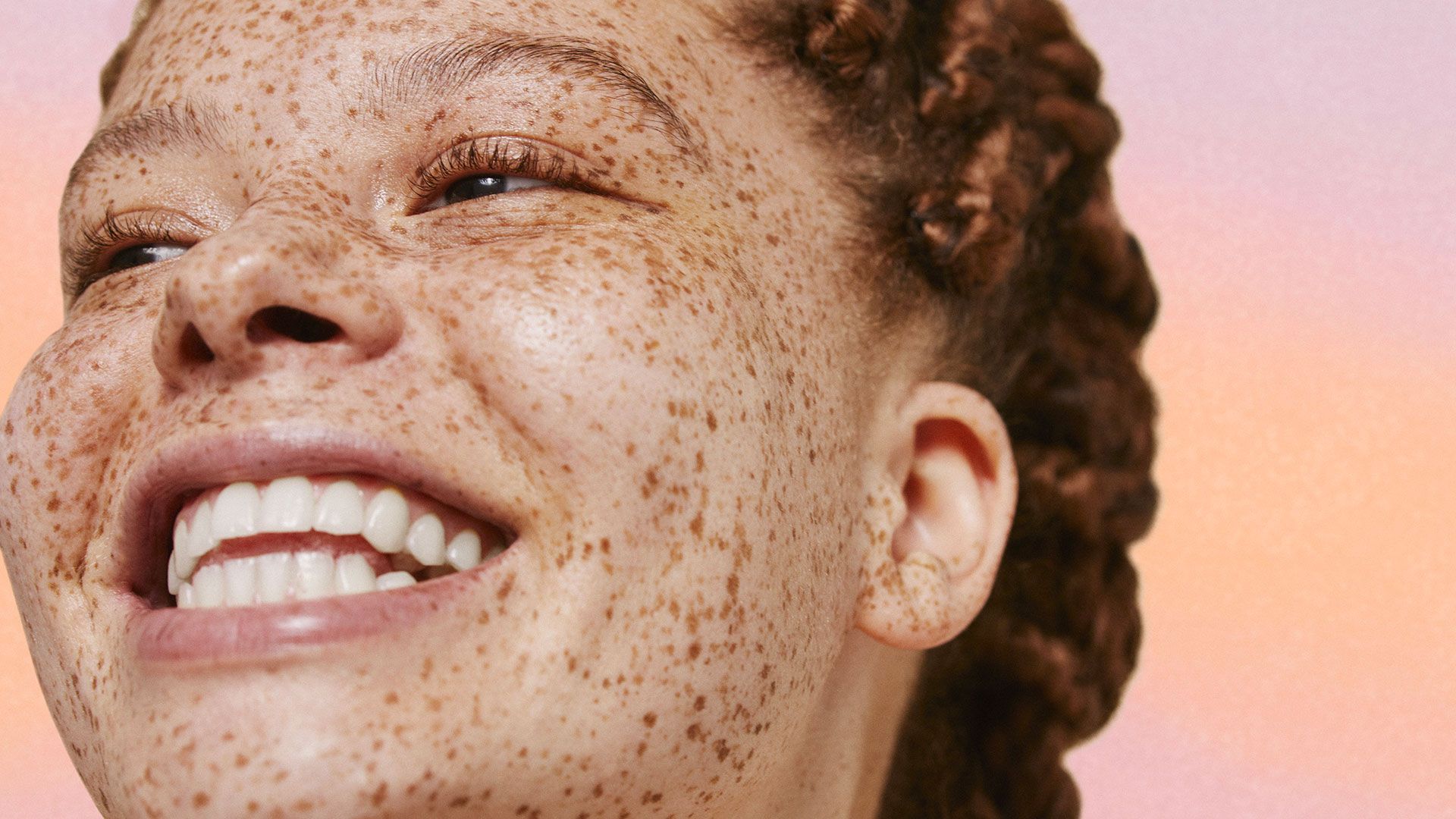-
When Beauty Takes Care of Us

Whether it's taking care if the skin and its appearance by applying a cream and putting on make-up, or trying on a face mask and soaking in a bath with a scented candle, small moments of self-care are a must in our decidedly extra-ordinary times. With our daily routines shaken up by the current situation, we've momentarily turned away from our favorite products, like lipstick, and increasingly focus on creams and spot-treatments (particularly helpful in fighting maskne, or those pesky blemishes caused by protective masks). "There's been less interest in make-up, and especially lipstick, but care and hygiene products like cleansers, creams, and cosmetic masks are experiencing a real rebound," confirms Ambre Vénissac, head of fashion and beauty marketing at Carlin. It's a conclusion that was corroborated this summer in a study led by IFOP (The French Institute of Public Opinion). If certain cosmetic products have become less desirable, at least for the moment, the beauty industry as a whole — in spite of stereotypes — is playing a central role in physical and mental health. "Lacking other comforts, we seek soothing in our self-care routines," explains Vénissac. And with winter approaching, how we take care of ourselves becomes essential to our sense of well-being.
The rise of hygge
Who better than the Scandinavians, and Danes more specifically, to show us how to do winter in style? As the birthplace of hygge, Denmark is indeed estimated to be the second-happiest country in the world, according to the United Nations' World Happiness Report, and we wonder if it's in part thanks to a local philosophy accentuating calm moments spent in the comfort of the home. Thanks to an avalanche of books on the subject, like The Book of Hygge by Meik Wiking, the practice has spread internationally and can be found echoed by the beauty industry, even going to far as to inspire a plethora of perfumed candles (a landmark of the hygge lifestyle). "The industry's been looking to reinvent the notion of escape," Ambre Vénissac explains. Inspired by the saying that "the home is the heart's cocoon," attributed to interior designer Ilse Crawford, Aesop is one of the numerous beauty brands that now offers their own line of candles — along with Diptyque, and, specialized in this type of products Cire Trudon — intended to "awaken the senses and inspire a sense of wellbeing." Taking their names from astronomers of yore, such as Ptolemy, and molded in beautiful pots decorated with meditative mantras, Aesop's candles take a spiritual approach to self-care and to beauty more widely, ritualizing it and drawing our attention to mindful acts. In fact, it's a sentiment present in Hermes' latest lipstick campaign: "Beauty is a gesture." "There's a new trend in beauty that's linked to the stars, something almost esoteric. In a way, it's becoming a sort of new religion," elaborates Audrey Roulin, director of the beauty department at trend consultancy firm NellyRodi.
As an inexhaustible source of inspiration for the beauty industry, hygge also advocates for a return to simplicity, sincerity, and authenticity, motivating us to reconnect with nature. "Today, consumers are looking for more authentic brands, simplified routines, and more natural products," says Vénissac. "We're coming back to a kind of purity, to products that bring us only the essentials, eliminating ingredients that are controversial not only for our skin, but also for the environment. It's becoming increasingly common to scan products with applications like Yuka, and clean beauty is more and more popular with brands working towards greater transparency. Today, health is a central consideration for the industry: health is the new wealth."

The Search for Authenticity
As in the food industry, transparent, organic, and local are becoming key-words for those in the know. Beauty brands big and small are placing greater attention on their ingredients, integrating plant-based formulas and seeking to eliminate preservatives and other potentially harmful additives. This return to a form of naturalism should in no way be confused with the absence of cutting-edge science, which has always been at the heart of brands like La Mer, founded by Max Huber, a physician who was convinced of the ocean's regenerative power and incorporated it into all of his products. "Innovation is allied with the organic in order to fuse the best of nature with our new technologies," concludes Ambre Vénissac.
Aesthetically-speaking, this return to nature translates in a renewed interest in minimalism, which we see in packaging and product design at Le Labo and Malin+Goetz, whose exhaustive and readable labels list each and every ingredient in a demonstration of transparency. "The consumer has re-focused on their most essential needs. People are looking to take care of themselves as well as the planet. Care, vigilance, responsibility, all of this has led to a real increase in awareness," points out Audrey Roulin. "Beauty can't be boiled down to great skin or perfect make-up: the industry has changed over the last few years and has strengthened its convictions. It's become less superficial in both its bottom line and its motivations." In this sense, self-care works in tandem with care that transcends the individual and considers the world as a whole. La Mer, for example, has begun a collaboration with the Blue Heart Oceans foundation, in the interest of marine conservation.
Inspired by the natural workings of the body and considering that our organism knows what it needs, professor Augustinus Bader has become a global leader in biomedicine and stem cells, with a line offering products that stimulate cellular regeneration. For if beauty is to be truly "holistic," inviting us to take better care of ourselves and of our ecosystems, it must also invite us to tend to our inner world. "Today, beauty products are no longer seeking to camouflage, but rather to sublime — to offer us the best version of ourselves," adds Ambre Vénissac. "What's also essential in this return to nature is the fact of owning ourselves and what we look like." Indeed, it's a central tenant of holistic beauty that we must accept ourselves as we are and learn to love our faults; being comfortable in our own skin is essential to a more inclusive world. "The beauty industry helps people feel good about themselves and present that image to the world, regardless of their gender, body type, etc." concludes Roulin. A ritual as important for the body as for the mind, beauty "remains an industry where pleasure is a priority," an idea that brings us full-circle and back to hygge.